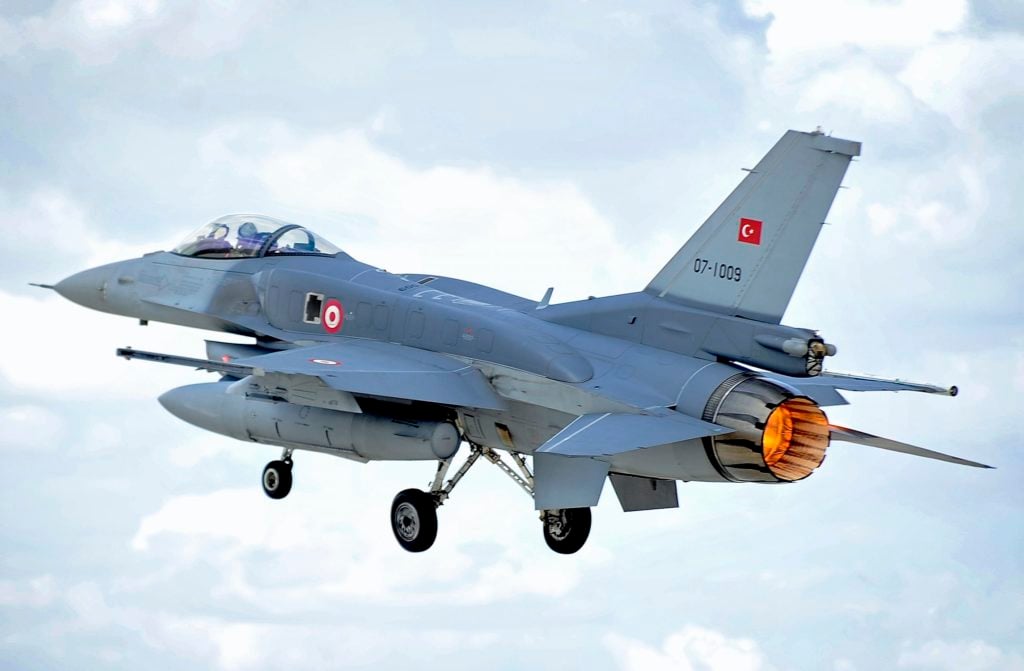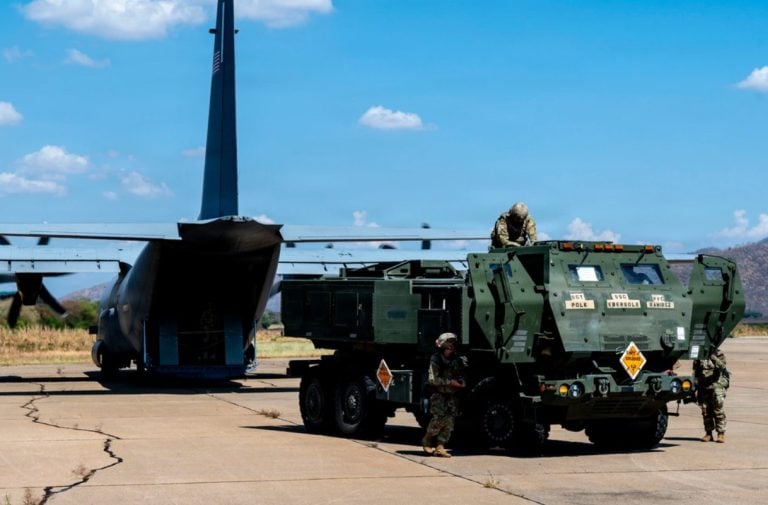The Turkish Air Force has recently enhanced its capabilities by inducting a cutting-edge, domestically produced electronic warfare pod designed for its fleet of F-16 Fighting Falcons. This significant advancement was unveiled during a ceremony held in Konya, where the Electronic Support Pod (EDPOD), developed by Ankara’s Informatics and Information Security Research Center (TÜBİTAK BİLGEM), was officially integrated into military operations.
The EDPOD serves as an advanced countermeasures kit, which is critical for identifying and locating signals utilized by missile guidance and illumination radars. This technology is instrumental in tracking and acquiring the approximate locations of enemy assets while also recording signal signatures in real-time. Such capabilities enhance coordination among aircraft, radar operators, and other military personnel, facilitating comprehensive post-mission analysis.
In a move to bolster the EDPOD’s operational efficacy, a dedicated Mission Data File Preparation, Test, and Analysis Laboratory has been established as part of the program. This facility is set to support the EDPOD’s deployment and ensure its effectiveness against various electronic threats.
The integration of the EDPOD into Turkey’s military arsenal follows successful flight tests conducted against real radar systems, solidifying its place in modern electronic warfare tactics. The project aligns with the Turkish government’s broader objective to harness national resources for innovative defense solutions, thereby reducing dependency on foreign technology.
Industry and Technology Minister Mehmet Fatih Kacır emphasized the strategic significance of the EDPOD project, stating it reinforces the nation’s electronic warfare capabilities and contributes to alleviating external reliance on defense technologies. He expressed gratitude to all involved in the project and acknowledged the support from the Ministry of National Defense and the Presidency of Defense Industries.
With over 200 F-16s currently in operation, the Turkish Air Force has primarily assembled these aircraft domestically through a licensing agreement with General Dynamics, the F-16’s developer, and Turkish Aerospace Industries. Additionally, a recent agreement with the United States has secured the purchase of 40 new jets and facilitated upgrades for existing aircraft, indicating Turkey’s commitment to enhancing its air combat capabilities.







